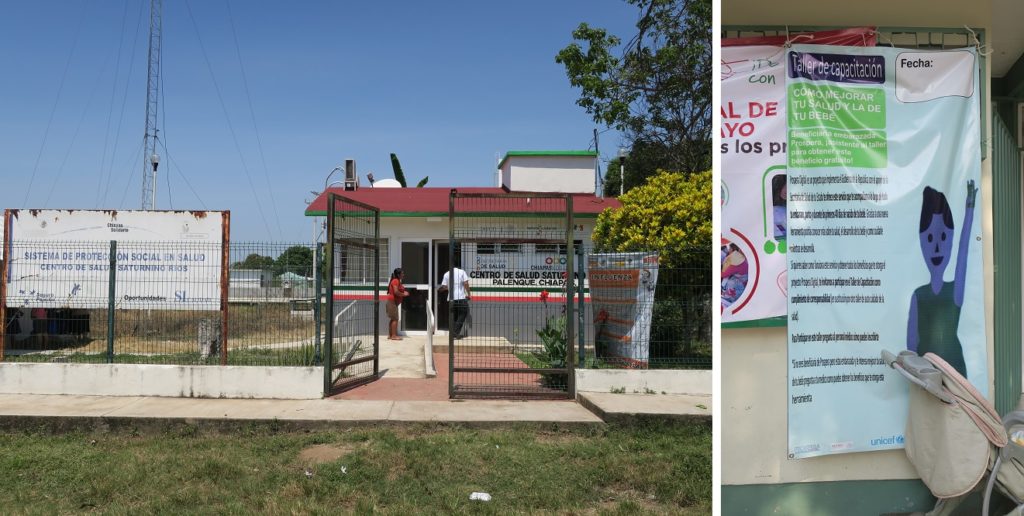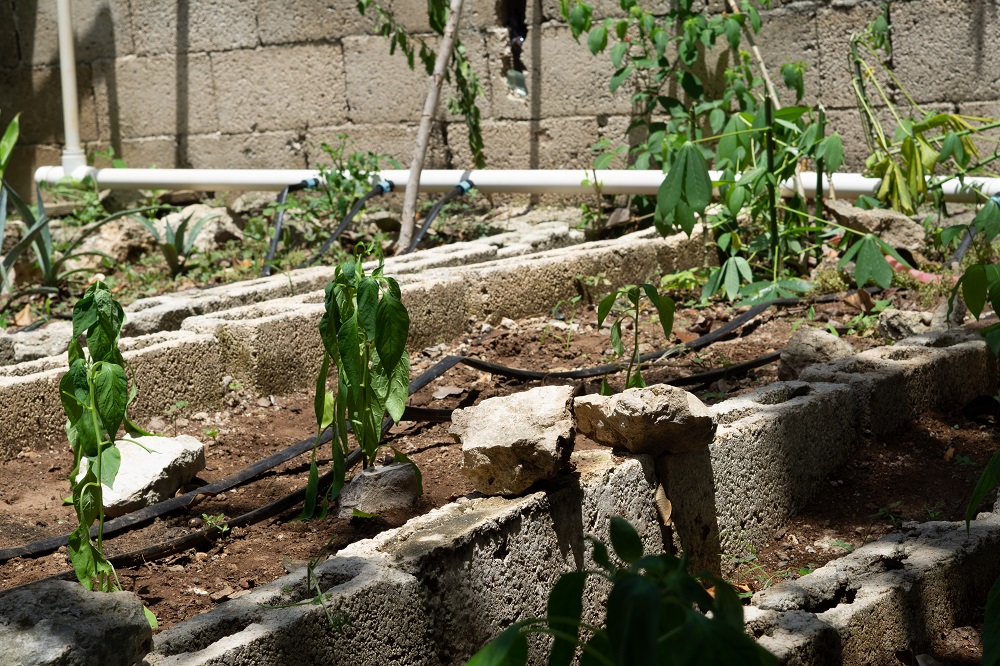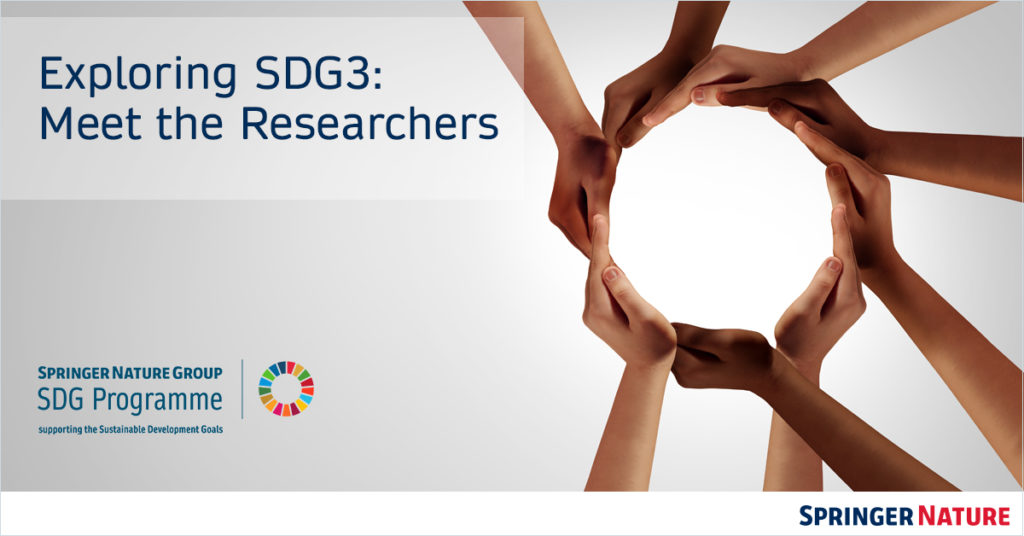
Welcome to our Meet the SDG3 researcher blog collection. We are interviewing a series of academics and practitioners working in diverse fields to achieve Sustainable Development Goal 3: Ensure healthy lives and promote well-being for all at all ages. You can find other posts in this collection here, and discover what else Springer Nature is doing to advance progress towards achieving this goal on our dedicated SDG3 hub.
I am a researcher interested in the social determinants of health. It took me a while to identify this as the area in which I want to contribute. Traditional disciplines felt somewhat limited to tackle the complex health issues we urgently need to collectively address. I started studying psychology, then a master’s degree in sociology, and got my PhD in social welfare, where I acquired a strong inclination for public health. This intersection is where I discovered how academic research is essential to improve people´s lives in multiple dimensions.
Research teams that defy traditional academic boundaries are those doing truly innovative and applied research.
Moving sideways between academic disciplines required extra work at the beginning, but it proved to be an advantage, especially when working with diverse research teams. Nowadays I oftentimes find myself among colleagues who defy traditional academic boundaries with their research and do not like to be boxed into a narrow academic realm. I believe these are the teams doing truly innovative and applied research. Achieving health equity in low- and middle-income countries (LMICs) became my goal and I strive for it from EQUIDE – an interdisciplinary research institute focusing on equity at Universidad Iberoamericana in Mexico City.

I am currently concerned with how the COVID-19 pandemic is striking LMICs, with the potential to backtrack the slow progress we were making towards equity in health.
I wouldn’t be able to do this work by myself. When doing my PhD at Boston College, Professor Jim Lubben helped me understand fundamental research methods and to aim for high quality measures in our studies. At EQUIDE, Dr Mireya Vilar-Compte taught me how to do research and communicate the findings – hundreds of hours defining the story our results were telling us. Recently, Professor Rafael Pérez-Escamilla showed me how our research can have a huge incidence by influencing health policy. It takes a village to advance a research agenda.
Let´s not forget other interrelated consequences of the COVID-19 pandemic, especially with mental health.
My work – our work – has always been closely related to SDG3 on several fronts. I am currently concerned with how the COVID-19 pandemic is striking LMICs. A crisis of this magnitude evidences previous structural deficiencies – as with underfunded and fragmented health systems – and has the potential to backtrack the slow progress we were making towards access to quality essential health-care services (SDG 3.8).
I recently co-edited a special collection on inequities in health and health systems in Latin America and the Caribbean in International Journal for Equity in Health. The collection clearly shows the many challenges the region was already facing. Yet, we are starting to see worrisome findings on how, with the COVID-19 pandemic, maternal deaths are increasing, affecting LMICs more severely.
And let´s not forget other interrelated consequences, especially with mental health (SDG 3.4). As in other countries, compared to pre-pandemic levels, we identified a notoriously high prevalence of anxiety and depression in Mexico, which concentrated among low-income households. Importantly, it was strongly associated with food insecurity (SDG 2.1) and with other coping strategies, like acquiring debt.

Our findings underscore the importance of social protection programs during health and economic crises. Moreover, they serve as warning signs for more severe outcomes, as the expected increase in suicides (SDG 3.4) amongst people with financial hardships.

Doing this type of research during uncertain times is particularly difficult because the region needs to strengthen its early warning and monitoring systems to deal with disasters (SDG 3.d). Financed by UNICEF-Mexico, we timely gathered key health and social indicators with mobile-telephone surveys based on rigorous probabilistic sample designs. Publication of datasets and presentations of results in media outlets helped to push the social protection policy agenda and prompted awareness from lay audiences.
I am confident that our work will serve as precedents to improve LMICs preparedness and capacity for future crises (SDG 3.d). And I hope this research inspires students to take bold steps to address the pressing problems of our time.
You can find other posts in this collection here.
At Springer Nature we are committed to playing our role in advancing progress towards achieving SDG3 by both supporting researchers and being an active voice, promoting an interdisciplinary evidenced-based approach to all targets and indicators within this goal. Learn more about our SDG3 activities and the Springer Nature SDG Programme.

Comments